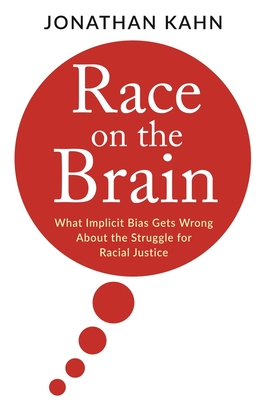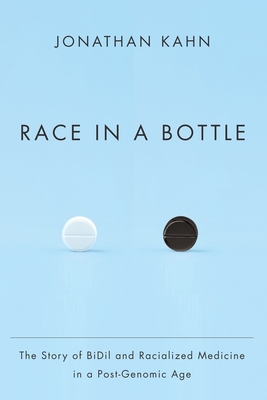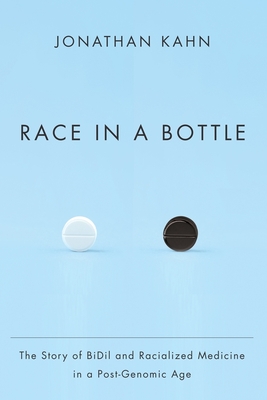Jonathan Kahn
Professor Kahn, a leading authority on biotechnology’s implications for our ideas of identity, rights and citizenship, with a particular focus on race and justice, holds a joint appointment with the School of Law and the Department of Biology in the College of Science. He also plays a key role in the law school’s Center for Health Policy and Law and its Center for Law, Information and Creativity (CLIC).
In this most recent book, Race on the Brain: What Implicit Bias Gets Wrong About the Struggle for Racial Justice (Columbia University Press), Professor Kahn argues that implicit bias has grown into a master narrative of race relations — one with profound, if unintended, negative consequences for law, science and society. He emphasizes its limitations, arguing that while useful as a tool to understand particular types of behavior, it is only one among several tools available to policy makers. “A pivotal work of detailed, meticulous, groundbreaking scholarship, Race on the Brain: What Implicit Bias Gets Wrong About the Struggle for Racial Justice is an extraordinarily well written, organized and presented study to the intractable work of ensuring social justice,” according to The Midwest Book Review.
In his second book, Race in a Bottle: The Story of BiDil and Racialized Medicine in a Post-Genomic Age (Columbia University Press), Professor Kahn examines the legal and commercial imperatives driving the expanding role of race in biomedicine, even as scientific advances in genomics could render the issue irrelevant. The book was awarded an Honorable Mention for the 2013 Best Book Award by the Race, Ethnicity, and Politics Section of the American Political Science Association. His first book, Budgeting Democracy: State-Building and Citizenship in America, 1890-1928, was published by Cornell University Press.
Professor Kahn has received two grants from the National Human Genome Research Institute’s (NHGRI) Ethical, Legal and Social Implications (ELSI) Research Program to support projects exploring the ethical and legal ramifications of the increasing use of racial and ethnic categories in the context of gene patenting and drug development. His articles have been published in a wide array of leading journals, ranging from the Yale Journal of Health Policy, Law, and Ethics, Iowa Law Review and the Stanford Law & Policy Review to Health Affairs, The American Journal of Bioethics, the American Journal of Public Health, Science and Nature Genetics.
Professor Kahn previously served as the James E. Kelley Chair in Tort Law at Mitchell Hamline School of Law.
Source: Northeastern University



